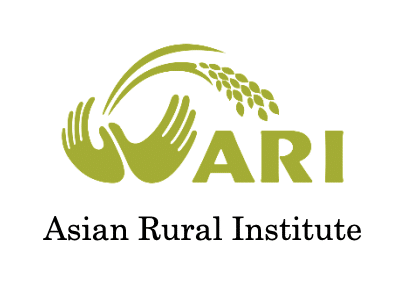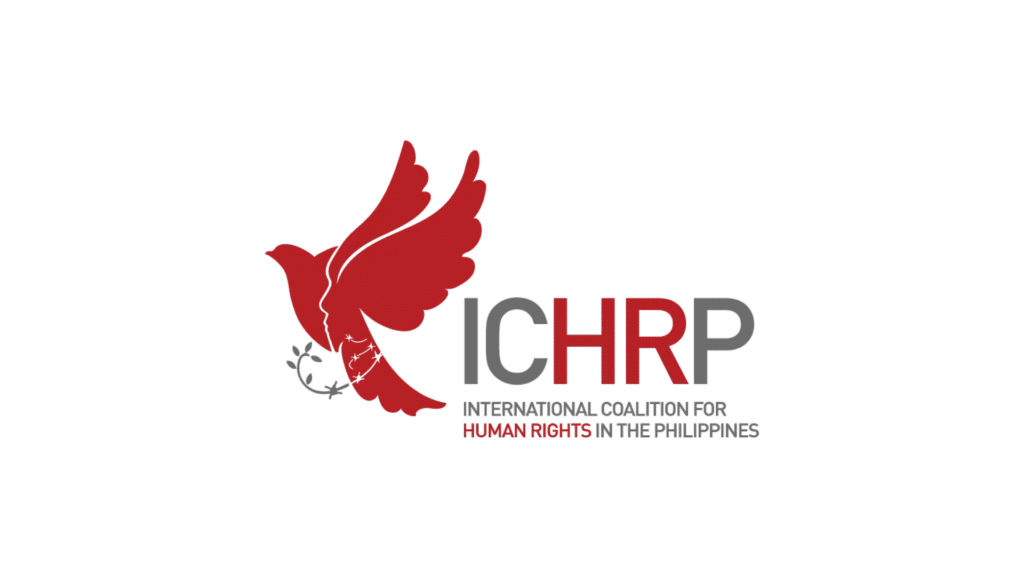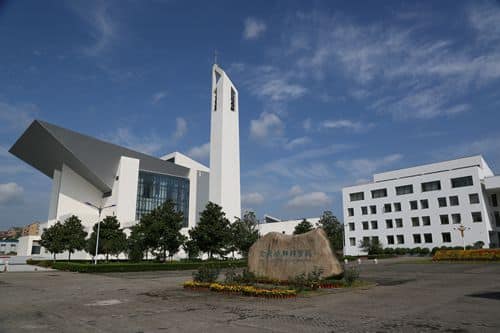Pacific Conference of Churches Renewal Project
The Pacific Conference of Churches (PCC) came into being in 1961 and recently celebrated its 50th jubilee. In the last few years the work of the PCC has focused on the theme of Renewal. The PCC has seven program areas: Ecumenism; Stewardship; Self-determination; Women; Youth; Monitoring and Evaluation; and Management, Organization and Communications. Their constituency, particularly the leaders of the Pacific churches, has been called in various ways to a heart and mind centered on reviewing the life of the regional ecumenical family and reflecting on its relevance to the lives of the Pacific peoples. In essence, the PCC has attempted to address itself to a) affirming that a better reality was possible; and b) question whether or not this church body is able to offer its constituents practices of hope that will affirm the possibility of this better reality in their daily lives. Initiatives on ecumenical formation that focus on this Renewal have been piloted with church communities.
This Renewal project will be implemented within the Pacific region, and specifically in the Pacific Conference of Churches (PCC) constituencies in 19 Pacific Island countries and/or territories. Because of the legacy of the Pacific’s colonial history and especially the close association between the colonists and the churches, the PCC contains a constituency that encompasses the predominant majority of the respective islands populations. While the PCC is a Christian faith-based organization, its constituency and their lives impact upon the lives of individuals and communities far beyond the churches due to the centrality of the church in daily Pacific life as well as the very close knit and inter-twined nature of Pacific society.
The PCC primarily will implement the Renewal project with the churches, national councils of churches, and regional ecumenical organizations. The project also involves engagement with communities and entities not directly falling within the PCC constituency such as organizations of civil society, national governments, and regional intergovernmental organizations. The people of the Pacific Islands share cultural and spiritual values and morals that serve to guide governance practices as well as strengthen social cohesion and community sustainability. However, this resilience is being challenged by the economic order of today’s globalized world and its negative impact on development, the environment, social cohesion and sustainability of communities, security, governance, and even on spirituality.
The Renewal project has two major objectives:
- Vision: Rethinking and renewal of the Household of God in the Pacific – Pacific “Oikos” – that is defined by ecumenical unity witness and solidarity, on justice and peace and grounded in the vision and values of God’s kingdom.
- Mission: Lead and coordinate a spirit of ecumenical renewal in the Pacific by facilitating cooperation among member churches to implement programming, education, and research that bears witness to church unity and prophetic witness and voice on issues of morality, justice, and peace.
As a result of these objectives a stronger regional ecumenical movement will be created that will demonstrate a renewed commitment to visible unity of the Pacific churches on ecumenical cooperation in mission work, and collaboration in prophetic witness on social justice issues. The Renewal project also will create a network of regional churches and strategic partners that are promoting a renewed vision for practices of hope for Pacific peoples based on the precepts of ‘Rethinking the Household of God in the Pacific,’ which will focus on issues of gender justice, youth empowerment, climate-induced relocation, governance, and self-determination.
The Renewal project objectives will be implemented in three phases: Training and Education; Accompaniment and Advocacy; and Communication. The Training and Education phase will include various regional workshops and training sessions as well as research projects. The Accompaniment and Advocacy phase will entail additional training and visits to insure sustainability of the project. The Communication phase will include newsletters, pamphlets, and other activities geared to maintaining the rethinking and renewal that is considered invaluable to increasing community interest in and support for the ecumenical movement and its relevance to addressing current issues.
Support this Ministry
To make a gift for this ministry online or by check use the online donation page.
- 100% of your gift will be directed to Pacific Conference of Churches Renewal Project
- You will receive updates on the work in this area as they become available
- Share in the vision of God’s abundant life for all people
Related Content
Community at the Asian Rural Institute
By Lauren Reddin, Global Mission Intern at the Asian Rural Institute, Japan It has been a...
Read MoreICHRP Welcomes Duterte’s Arrest: A Landmark Step Towards Justice
The International Coalition for Human Rights in the Philippines (ICHRP) welcomes the arrest of...
Read MoreUpdate from Jinling Theological Seminary
Written by: G Lou, Mission Co-Worker in East Asia & Pacific Region Dear Brothers and...
Read More


